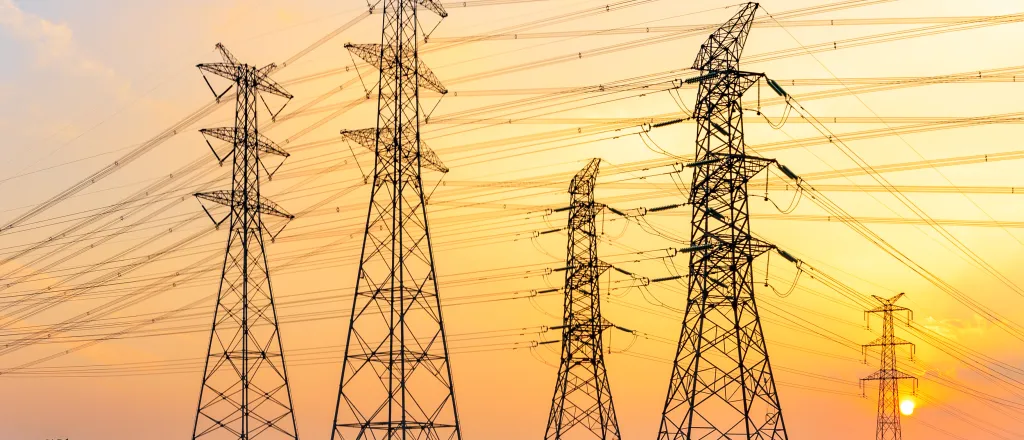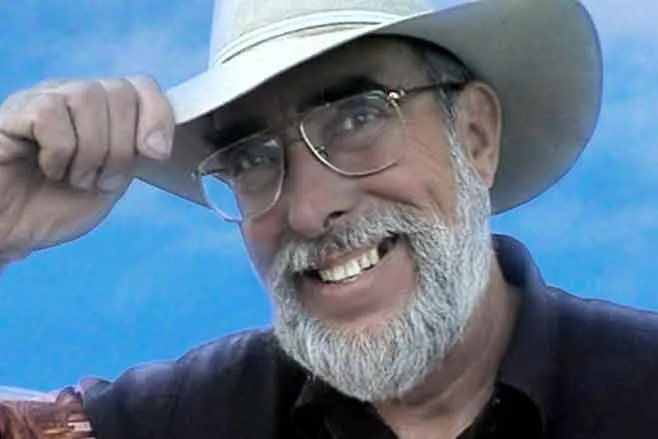
Oppenheimer, Japan bombings put nuclear energy in harsh light
© iStock - zhaojiankang
(Northern Rockies News Service) The power and destructiveness of nuclear energy has been in the spotlight since the film "Oppenheimer" was released in July. It is in focus again this week with the anniversaries of the atomic bombs dropped on Hiroshima and Nagasaki, Japan during World War II.
Mary Miller, a member of Idaho nuclear energy watchdog Snake River Alliance, explained the movie about J. Robert Oppenheimer and the first experiment with the atomic bomb stops short of the bombs dropped on Japan. But Miller noted Oppenheimer's ideas changed after that.
"His message was that humanity must learn humility in the face of nature and use its experience with atomic energy to prosper international peace," she said. "The nuclear power that was unleashed on Japan was just unimaginably too big and too lethal for humankind."
The 78th anniversary of the dropping of the atomic bomb on Hiroshima was Sunday, and the anniversary of the Nagasaki bombing is Wednesday. It is estimated the two bombs may have killed as many as 226,000 people, most of whom were civilians.
Advocates for nuclear energy are increasingly promoting its ability to help move the country from dirty sources of fuel in the fight against climate change, but Miller said it should not be considered a clean source of energy because its negatives outweigh the good it might be able to achieve.
"Just like that power that was unleashed in the bomb, the use of nuclear energy for electricity, which is called nuclear power, cannot be safely anticipated, predicted or controlled," she explained.
Miller pointed to a number of issues with nuclear energy, such as safe transportation and storage of its waste, which sometimes has a radioactive half life that extends thousands of years. Experiments on new types of nuclear reactors are eing conducted at the Idaho National Laboratory.

















